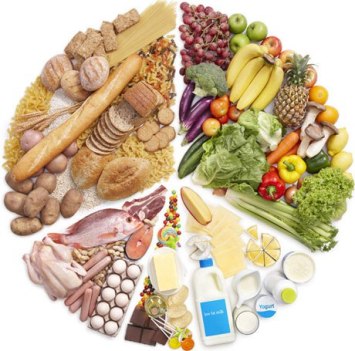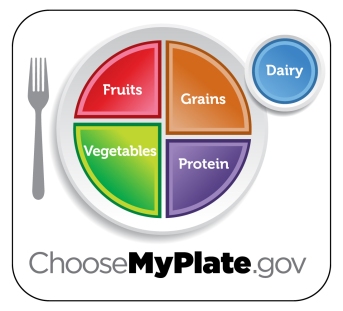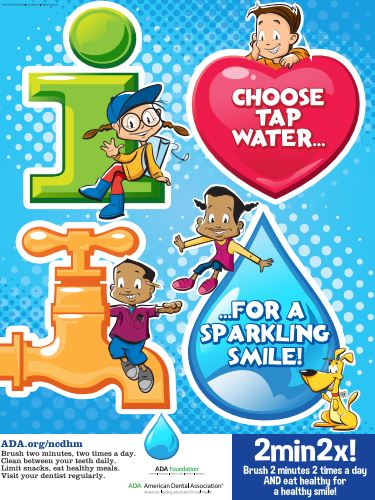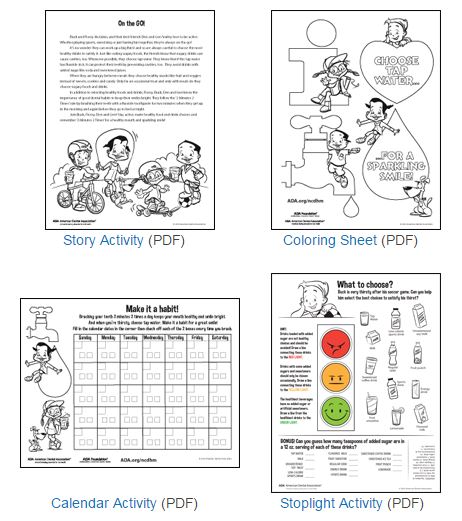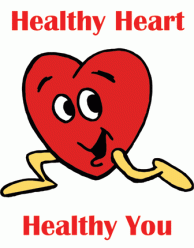February is American Heart Month!
In the United States, heart disease is the leading cause of death. There are many things you can do to keep your heart healthy, and prevent heart disease.
By starting healthy habits at a young age and keeping them up, you can have a better chance at living a longer, happier, and healthier life in the future.

There are “7 simple things” you can do to make sure your heart is healthy:
- Avoid smoking and using tobacco products
- Be physically active every day
- Eat a heart-healthy diet
- Keep a healthy weight
- Keep your blood pressure healthy
- Keep your total cholesterol healthy
- Keep your blood sugar healthy
What is a “heart-healthy diet”?
- Foods low in salt and added sugars
- Eating plenty of fruits and vegetables
- Choosing whole grain foods instead of refined grains
- Eating fish twice a week
- Limiting unhealthy fats (saturated fat and trans fat) such as butter, fatty meats, high fat cheese, etc.
- Limiting how much red meat you eat. Try lean chicken or meat-alternatives for protein such as nuts or beans
- Choose low-fat milk, cheese, and yogurt
- When hungry for a snack, try eating nuts. 1 serving of nuts is usually a small handful, or 1.5 ounces of whole nuts
- Choose water instead of sugary drinks
How much exercise do you need a day?
60 minutes every day!
60 minutes, or 1 hour, is recommended every day for kids. However, this does not have to be all at once. In the morning, you could try walking or biking to school if you live close – run around during recess or gym class – have a race with a friend after school, etc!
For more information, click here.
